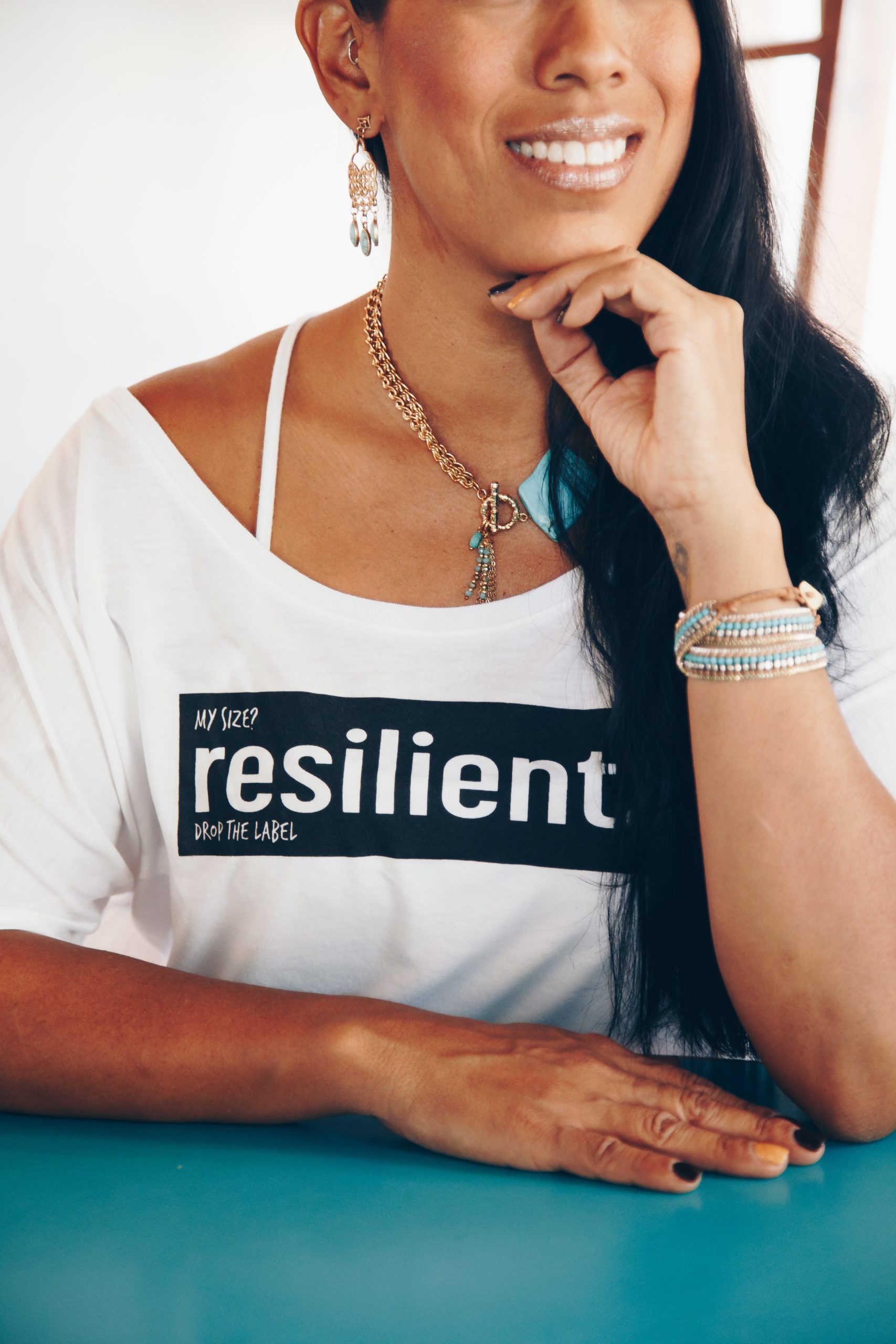The past few weeks, as the world seems to revolve around the new coronavirus pandemic, have most certainly brought upon us new levels of uncertainty, fear, stress, misfortune, change, and more. Beyond just the recent weeks, the demands of modern life had already left many of us with a dis-regulated nervous system. All of this combined, often results in one common pattern that is both physical and emotional – contraction.
Contraction arises out of feeling fearful or from reaching a point of burnout. When we contract, we lose our resilience and our ability to appropriately respond to what is happening. We make ourselves small. Emotionally, over time we can begin to feel shock, overwhelm, anxiety, fear, confusion, anger, and/or disconnection. Physically, our bodies adopt a similar pattern of imbalance and we develop insomnia, poor breath regulation, muscle tension and pain, and decreased immunity.
Now more than ever we need a resilient nervous system. We need resilience in order to function in today’s world. And in order to build that resilience we need to learn how and when to relax and decompress, as well as how to proactively take more ownership over our health.
The basic definition of resilience as defined by Merriam-Webster is “an ability to recover from or adjust easily to misfortune or change.”
Building up our internal resilience in spite of external influences has far reaching benefits for our health, longevity, and overall well being, and having a bigger library of tools helps you to better adapt and respond accordingly.
Here are 4 ways to build (or re-build) your inner resilience:
1. Manage Stress:
Chronic stress harms more than our sense of peace. Chronic stress has a damaging effect on the nervous system and immune system. While there are many ways to help manage stress levels, I find that long deep breathing is one of the most accessible and simplest tools. Devoting even just 2 minutes periodically to long deep breathing is something we can all do. It’s a window of opportunity that requires no technology, no rigorous training, no special skills – simply awareness. The ability to tap into our breath is one of the most accessible windows we have to be able to tone and moderate our nervous system.
2. Sleep Well
A chronic lack of sleep results in a fatigue that moves beyond just energy level. A lack of sleep leaves us more susceptible to getting sick, and it makes it harder for us to recover when we do get sick. Ideally we should all be aiming for 7-8 hours of quality sleep each night. In order to create better “sleep hygiene” it is important to avoid caffeine past 2:00 PM, develop a consistent routine (ex: go to bed at the same time every night), and limit sound and light exposure in the hour or two leading up to bed time (ex: read instead of watching that TV show or scrolling on our phone).
3. Move Often
Exercise provides a boost for our muscles, our mind, and our immunity. While many people state their primary reasons for working out are to get stronger and/or get in shape, working out has also been proven to release the “happy hormones” of serotonin and endorphins, both of which help to improve our mood. Additionally, working out positively impacts the body’s immune system by boosting the activity of our white blood cells, the cells responsible for launching attacks on viral and bacterial invaders. The best part is that working out doesn’t have to be complicated or involve going to the gym! With today’s abundance of free digital platforms, working out from home is now more accessible than ever before. Two of my favorites when I’m pressed for time include Yoga with Adriene and Fitness Blender, both of which can be found on YouTube.
4. Eat Well
Our bodies thrive on good nutrition. Most of us know the basics – eat fruits and vegetables, reduce sugar, drink water, etc. However, there is one key element to strengthening our body’s resilience that often gets overlooked on a day to day basis – Vitamin D. With critical involvement in regulating hormone and gene expression, and with almost half of Americans reported to be vitamin D deficient, it’s worth exploring some easy ways to boost your levels. Three of the easiest ways are to consume food with high levels of vitamin D like egg yolk and salmon, get 10-15 minutes of morning sunlight, and take a vitamin D3 supplement.
When we learn to pay closer attention to how we breathe, sleep, move, and eat, we begin to realize the intricate web that connects body to feeling and behavior. We realize that with little consistent changes every day we can make tremendous strides towards improving our overall well being. What’s even more powerful is that once we master these tools, the impact doesn’t end with our life but rather moves outward into our community. When we tap into a stronger inner resilience and use it to also foster a more positive outlook on life, we create a positive impact in the lives of those we interact with. It becomes a ripple effect.












